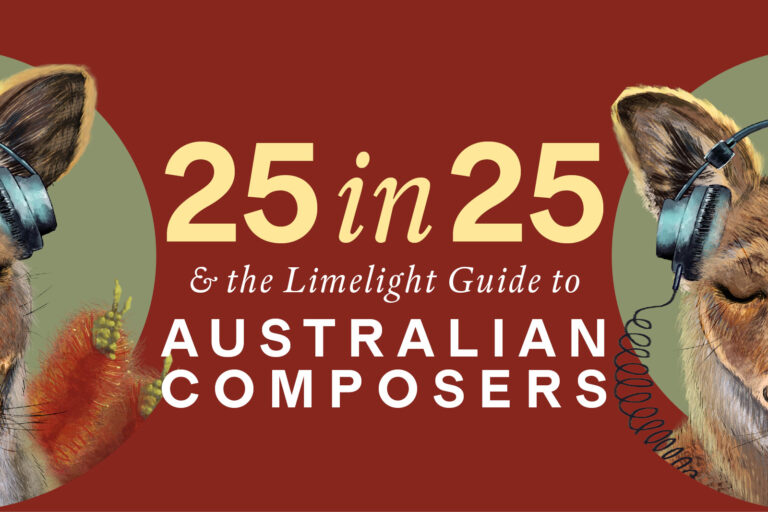Written at the height of his powers, Bedrˇich Smetana’s third opera Dalibor polarised critics and failed to capture the public imagination. What a loss, for as the liner notes to this magnificent BBC recording point out “Dalibor is Smetana’s loveliest operatic score and a great deal subtler than his first two works for stage,” (The Brandenburgers in Bohemia and The Bartered Bride). In fact, Smetana grew resentful of the Bride’s success, dismissing it as a “toy” for those who thought he was incapable of writing a comedy.
The tragic chivalric tale of Dalibor with its plot reminiscent of Fidelio is full of superb music, particularly the beautiful duet in Act 2 when Milada, disguised as a minstrel boy, smuggles an old fiddle into Dalibor’s cell. Packed with great solos shared among five major characters, the vibrant score covers a broad canvas and there are some great theatrical moments, including the pompous Judges’ March which almost pre-empts Prokofiev’s Romeo and Juliet. However, the Prague musical establishment considered Dalibor too Wagnerian for the new national musical movement and it was shelved. Although revived in the 1890s after Smetana’s death, with Mahler conducting a performance in Vienna, it has...
Continue reading
Get unlimited digital access from $4 per month
Already a subscriber?
Log in










Comments
Log in to join the conversation.